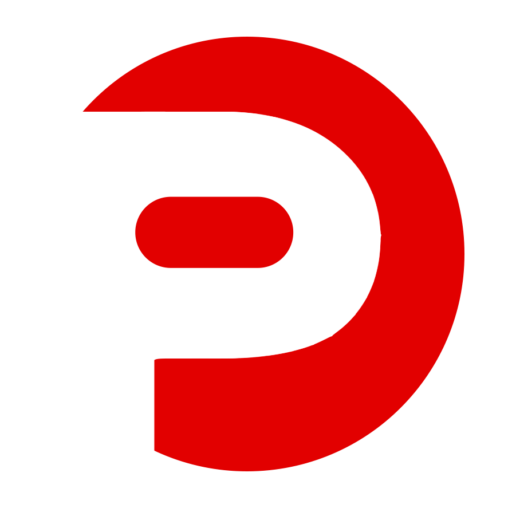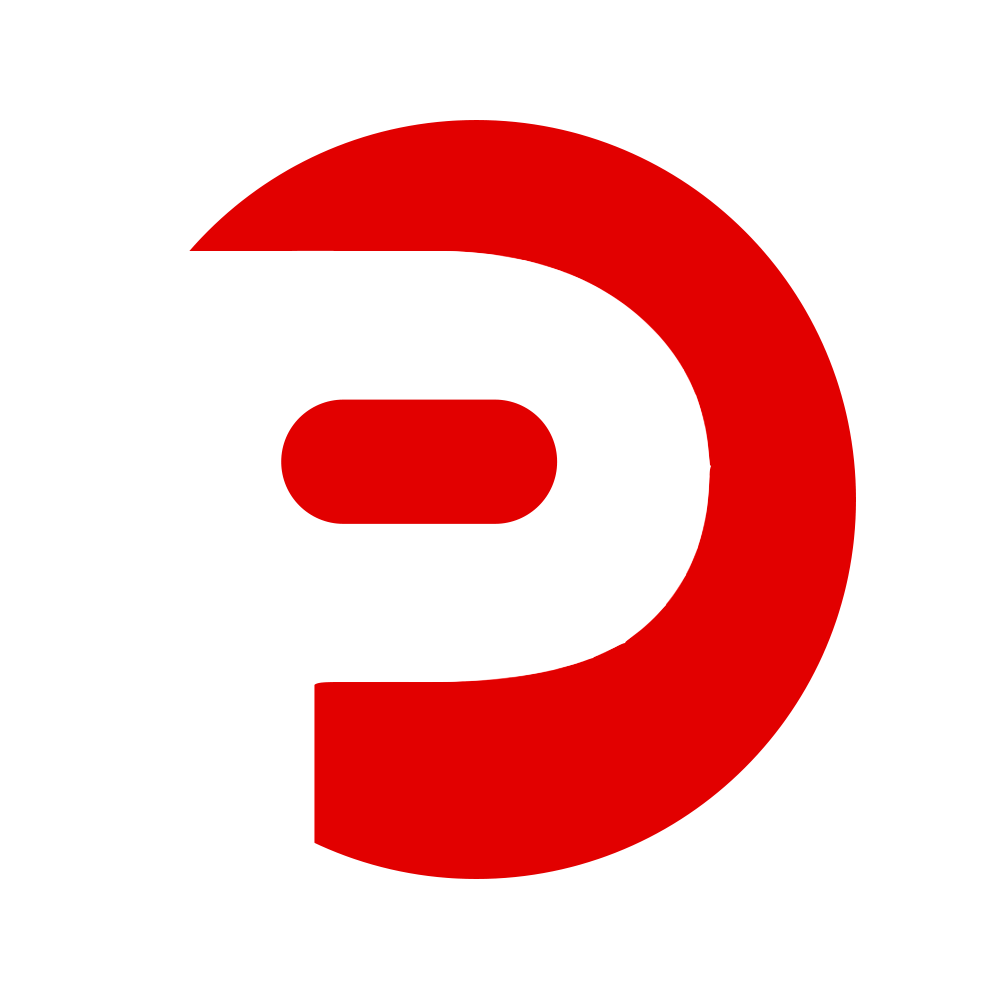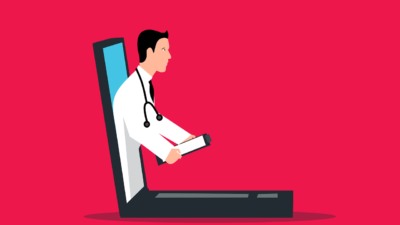The future of care blends empathy with cutting-edge innovation.
A healthcare revolution: where technology meets compassion
Let me tell you something we all already know deep down. Healthcare is changing. Dramatically.
Technologies like Artificial Intelligence (AI), Machine Learning (ML), and Remote Patient Monitoring (RPM) are reshaping how we approach wellness. They’re sharp, precise, and downright brilliant. From detecting diseases earlier than ever to tailoring treatments based on your unique needs—there’s no denying their power.
Take RPM, for example. Picture this: patients sending real-time health data directly from their homes—blood pressure, heart rate, oxygen levels—all transmitted seamlessly to their providers. It’s a game-changer. Patients feel empowered. Doctors stay connected. And health outcomes? Through the roof.
But here’s the thing: technology, for all its brilliance, can’t replicate us—humans. It can’t mimic the warmth of a reassuring voice or the trust built through face-to-face contact.
And that’s where the magic happens when you blend innovation with empathy.
Pharmacists: the heroes of modern healthcare
Let’s talk about pharmacists for a moment. These professionals are stepping into a whole new spotlight in today’s tech-driven healthcare landscape.
Why? Because they’re more than just medication experts—they’re personal health advocates.
With tools like RPM and Chronic Care Management (CCM) in their arsenal, pharmacists are perfectly placed to bridge data-driven insights with human connection.
Imagine this:
- A pharmacist regularly reviewing your remote health data.
- Spotting trends that might otherwise go unnoticed.
- Sitting down (virtually or in person) to explain what’s happening in your body and why.
That’s personalized care.
For seniors navigating the challenges of loneliness, or patients living with chronic conditions, this care isn’t just helpful—it’s vital. A pharmacist’s expertise, coupled with compassion, can mean the difference between despair and hope. Between a patient who’s disengaged and one who’s thriving.
Tackling loneliness: the hidden epidemic
You’ve heard the stats. Loneliness is as damaging to health as smoking 15 cigarettes a day. It’s especially rampant among Medicare patients, who often rely heavily on healthcare systems—not just for treatments but for human connection.
Here’s the kicker: mental health directly impacts physical health. Chronic loneliness can worsen conditions like diabetes, heart disease, and depression.
This is where pharmacists truly shine. They don’t just hand out pills—they offer tailored interventions that address the emotional and mental health challenges many patients face. They listen. They educate. They make people feel seen.
And that’s priceless.
The perfect pairing: technology and trust
When you combine RPM’s data precision with a pharmacist’s human touch, you get something truly transformative.
Together, they’re reshaping healthcare delivery:
- Patients feel more engaged and informed.
- Care plans become more effective.
- Costs drop as outcomes improve.
It’s a balance. One where technology amplifies capabilities, while human connection ensures no one feels like just another number.
And pharmacists? They’re leading this charge.
The bottom line
Healthcare’s future isn’t about choosing between tech or touch—it’s about combining them.
AI and RPM are incredible tools, no doubt. But the heart of care will always beat with empathy, trust, and human connection.
Pharmacists are proving, day in and day out, that when you marry innovation with compassion, you don’t just improve health—you transform lives.
So here’s to the pharmacists. The changemakers. The bridge-builders. The ones proving that, even in a tech-first world, the human touch will never go out of style.





